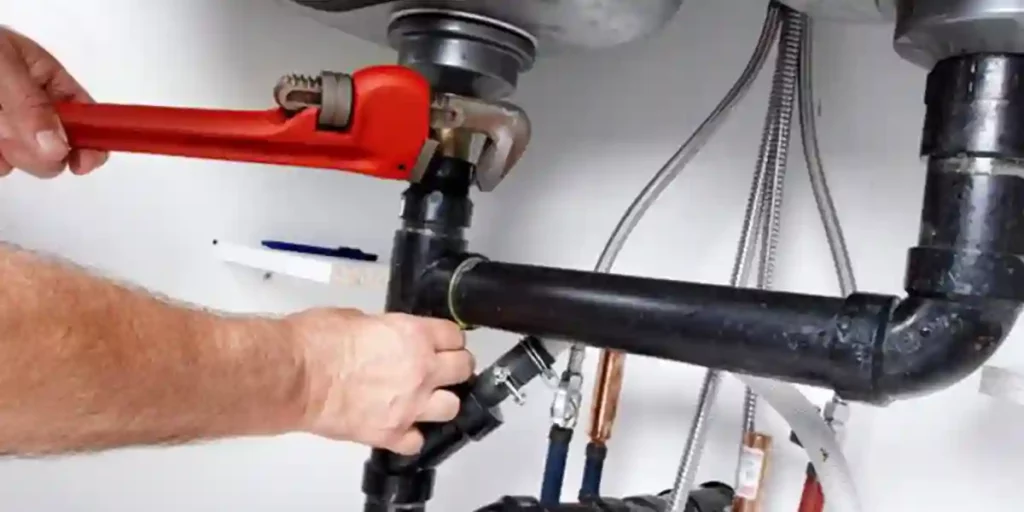Hiring a plumber is an inevitable part of owning a home. It’s essential to ask the right questions to ensure you hire someone with experience and knowledge to solve your problems quickly and efficiently.
When the plumber comes out to give you a price, inquire about who will be performing the work. This will help you avoid any hidden costs or fees.
- Experience
A plumber should be experienced enough to handle a variety of problems. They should be able to identify the root of the problem and provide an effective solution. They should also use simple language to explain their findings, rather than confusing technical terms.
A reputable plumbing company will make sure the same person who prepares the estimate is the one that does the work. This ensures consistency and quality.
- License
A licensed plumbing contractor has the proper credentials to work in the industry. They have general liability to protect their business against property damage, advertising claims, and worker’s compensation.
Plumbing contractors also act as consultants during the planning phase of new construction and renovation. They are instrumental in ensuring that the new or existing plumbing is up to code with local, state, and federal regulations.
- Reputation
When a plumber has an excellent reputation, customers will refer them to their friends and family. A plumber with a bad reputation, on the other hand, will likely have a difficult time finding clients to trust them.
Some plumbers work from their homes as a one-person business, while others are employed by a plumbing company. It’s important to find out which is the case with your prospective plumbing contractor.
- Insurance
A minor plumbing repair can turn into a costly nightmare if the plumber does not have insurance. Ensure that they have commercial liability and workers’ compensation insurance before hiring them for any job.
Commercial liability covers claims related to property damage or bodily injury. A surety bond can cover additional costs that insurance does not, including money for shoddy workmanship or goods stolen by the contractor.
- References
A credible pro will be able to produce references that can attest to the quality of their work. When you call these references, ask them if they were pleased with the job and whether or not it was completed in a timely manner.
You should also ask what kind of guarantee the plumbing contractor offers. This varies from plumber to plumber.
- Pricing
Whether it’s one flat rate or hourly pricing, residential plumbers must find ways to cover costs and make profit. Often, the best way to do that is to communicate with clients and explain your process.
For example, if a client discovers old galvanized metal piping that needs to be replaced with PVC, the plumber should communicate this change and provide a new price. This avoids surprises and builds trust with the customer.
- Warranty
Plumbing is a specialized skill that requires a lot of training. A single mistake like a poorly soldered joint or leaky PVC can cost homeowners $10,000 in damage.
Ask plumbers if they offer warranties on their work. This helps you protect yourself from expensive mistakes and future repairs.
- Communication
Find out how much the plumber wants up front. Some plumbers may want a certain percent upfront and then charge you per hour of work.
Make sure the plumber will give you a written estimate before starting the job. Compare estimates and choose the best one for your project. Also, ask about their warranty or guarantee. Make sure that it covers parts and labor.
- Customer Service
A plumbing contractor should always offer good customer service. This includes being willing to go beyond standard rules to help a customer.
For example, if a plumber charges a fee for coming to inspect your home and then not completing the work that needs to be done, don’t hire them. It’s not fair to you. Ask them to explain why. And then look elsewhere.
- Safety
Plumbing is a dangerous job with many on-site hazards. Plumbers must have all the necessary safety equipment and supplies to prevent injuries.
This includes gloves to protect hands from cuts, chemicals, biohazards and dirty work environments. For projects that create dust, a mask is also needed to avoid breathing in harmful contaminants.
Make sure a plumber has all the essentials before hiring them for any job. Check their background through online reviews and CSLB websites.
